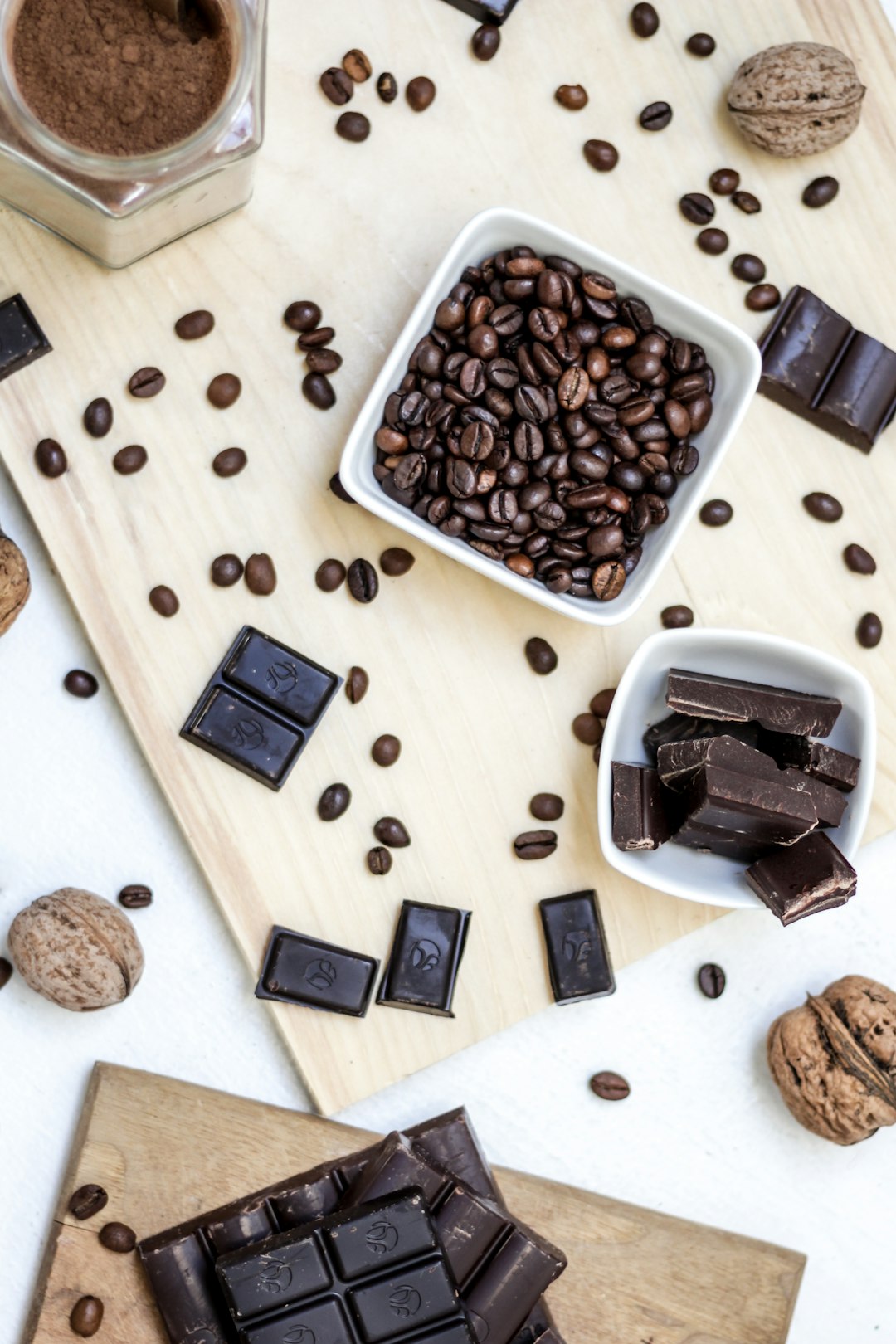Chocoholics assemble! Online Science Editor Bethany Harris investigates the advantages of chocolate consumption and the positive effect it may have on memory and stress levels...
So, we all love a bit of chocolate here and there – some of you may even use it as motivation to revise, or a reward for a good days work. Well, for all you chocoholics out there whose eyes have been strangely drawn to the title of this article, read on…you’ll like what you see!
Whilst, it is important to clarify that chocolate is not ‘healthy’, a 2014 study published in Nature Neuroscience found that a high dietary intake of chocolate enhanced performance in a series of memory-based tasks. This is due to an antioxidant in chocolate that boosts the memory capacity that we naturally lose with age. These antioxidants are known as cocoa flavanols and have been shown to not only improve memory but also benefit cardiovascular health. Yet another reason to consume chocolate!
Photo credit: Coffee Geek https://coffeegeek.tv/
Participants of the study consumed a mixture with a high concentration of cocoa flavanols for a 12-week period. Astonishingly, researchers observed a significant improvement in the participants performance in an object-recognition memory task, compared to those who drank a mixture containing low cocoa flavanol concentration. This was strongly associated with increased blood flow to the brain.
A 25% improvement in memory function was seen in the high cocoa flavanol condition.
“On average, the improvement of high-flavanol drinkers meant they performed like people two to three decades younger on the study’s memory task” said Dr Scott Small, the studies senior author. A 25% improvement was seen in the high cocoa flavanol condition. Amazing.
And we’ve all been in a situation where you can’t put a name to a face. The study even found that simple everyday tasks such as facial recognition improved, due to increased function in the hippocampus, a region of the brain that plays an important role in the movement of information from the short-term to the long-term memory.
What is particularly interesting about this study however, is the speed at which the improvements in memory were made. It is rare to see such a dramatic improvement in performance in only 12 weeks.
However, flavanols are not unique to chocolate…a variety of different flavanols are found in fruit, vegetables and tea. Animal studies conducted in snails, rats and mice have shown that high flavanol consumption leads to increased blood flow to the brain and the laying down of new neural pathways – essentially improving memory capacity. Subsequently animals performed better on maze-based tasks than animals who were not fed flavanol based mixtures.
Pablo Merchán Montes / Unsplash
This is interesting in that it has led to the possibility of using flavanols to prevent the onset of Alzheimer’s or dementia, if treated early enough. So, eat your greens kids…and your chocolate!
The amount of chocolate however that would be required to mimic the amount of cocoa flavanol given to participants in the above study would not be advised for a healthy balanced diet – around 300g of dark chocolate, or 7 large bars per day. With that said, consuming a small amount of dark chocolate everyday will have its benefits – not only for motivation, but with the hope of a little boost in memory capacity that we all so crave this time of year. Not to mention a much-needed mood boost!
Chocolate is rich in caffeine which not only wakes you up, but improves memory, mood and boosts concentration.
Studies show that dark chocolate increases the production of endorphins, which bind to opiate receptors in the brain, leading to feelings of happiness - the kind we also get from exercise. In addition, endorphins reduce stress and its negative side effects such as tiredness and headaches. This may be due to the presence of a neurotransmitter known as anandamide or ‘the bliss molecule’ in cocoa which leads to the experience of euphoria. Anandamide is very similar to THC, a primary component in marijuana, explaining some of the side effects of chocolate consumption, such as a reduction in stress levels.
Finally, chocolate is rich in caffeine which not only wakes you up, but also improves memory, mood and boosts concentration. However, the amount of caffeine present in dark chocolate is minimal – around 30-50mg of caffeine per ounce, compared to a cup of coffee which can have around 270mg per serving. That said, chocolate won’t keep you up at night!
All in all, it can be concluded that there are numerous benefits to the consumption of chocolate – but in moderation – it’s still extremely high in fat!
I was recently told by a friend that their ultimate exam tip was a few squares of dark chocolate as they walked in to exam – and it appears that it may work. So, don’t feel guilty about eating chocolate whilst you revise, it may actually boost your memory capacity and help you remember all those boring facts. And, as seen above, a couple of squares of choccy before an exam may not only relax you and increase mood, but also aid recall.
So, go ahead and try it!
Featured Image: Unsplash / Monika Grabkowska











